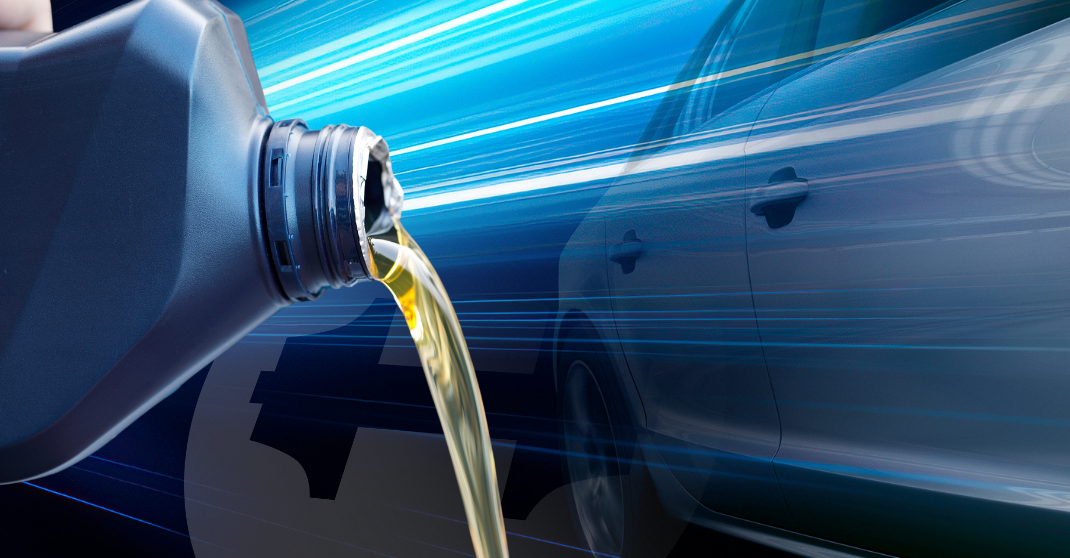We’re drawing attention to the critical issue of insufficient lubrication as a leading cause of turbocharger failures. This frequently overlooked problem can result in substantial damage to turbocharged engines, emphasising the need for prompt detection and maintenance, says Tom Wright, our group product manager.
The primary causes of insufficient lubrication range from poor oil filter maintenance, low oil levels in the sump, and incorrect oil inlet gaskets restricting oil supply, to carbon deposits in the oil feed pipe, blockages from silicone on oil gaskets, and sludge build-up due to improper shutdowns.
Additionally, failing to prime the turbo with oil initially, using damaged oil feed pipes, worn oil pumps, and unsuitable oil grades contribute significantly to this issue, warns Wright.
He explains: “The signs of insufficient lubrication, such as excessive wear on thrust bearings and journal bearings, discoloration, and material transfer on thrust parts and journal bearings, as well as turbocharger noise or performance issues, should not be ignored.”
To prevent turbocharger failure due to insufficient lubrication, Wright recommends ensuring correct oil flow to the turbocharger, priming replacement turbochargers with oil before fitting and avoiding the use of silicone on oil gaskets.
Technicians are also advised to clean or replace oil inlet pipes to eliminate carbon deposits or sludge, using fresh oil and new oil filters as recommended by the engine manufacturer, and allowing the engine to warm up and cool down properly at the start and end of each journey.
Wright is emphasising the importance of addressing the root cause of turbocharger failure: “Insufficient lubrication can lead to rapid and catastrophic damage to the bearing systems, often within seconds of operation.
“Proper lubrication is vital for turbocharger health and performance. Adhering to maintenance guidelines and preventive measures can significantly reduce the risk of turbocharger failures.”
If technicians suspect a fault with a turbocharger, our network of highly qualified turbocharger repair specialists can provide a full turbo inspection and diagnosis service to help identify the root cause of failure and prevent further issues.
Turbocharger repair specialists can provide a full turbo inspection and diagnosis service to help identify the root cause of failure and prevent further issues.
Contact us at [email protected] to find your local repair specialist, or see our Turbo Tips for further expert technical advise.
More technical articles:
Effects of foreign object damage on turbochargers laid bare



